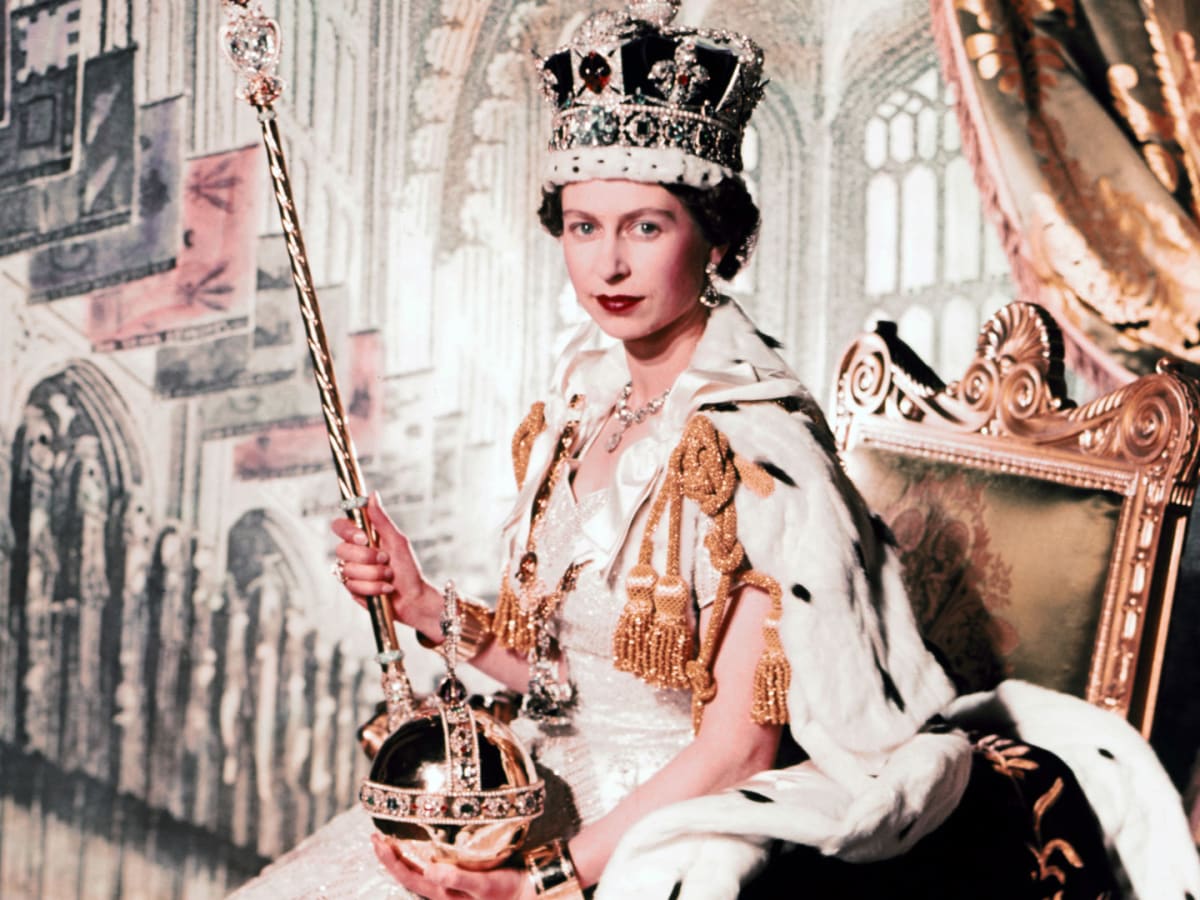On Thursday, September 8 Queen Elizabeth II passed away peacefully at Balmoral Castle in Scotland at the age of 96. As the UK’s longest-serving monarch, it comes as no surprise that she leaves behind an immense fortune. Just how immense, however, is as complex a question as what will happen to this wealth now that she’s gone.
Her Majesty’s personal assets are valued at over $500 million. Prince Charles (now King Charles III) will inherit this money following his coronation ceremony. However straightforward this may sound, this very large number represents a very small portion of the Queen’s fortune and what will come of the rest of it is not so simple.
Much of what is thought of as belonging to the Queen is in fact owned by the Royal Firm, a $28 billion entity that King George VI once cutely referred to as “the family business.” Now that the head of the company has passed, major adjustments will follow.
How Did the Queen Make Her Money?
Her Majesty’s income came from the Sovereign Grant, a fund propped up by taxpayers paid annually to the royal family. This money is used to cover official travel and maintain the Queen’s property and in 2022 was set at 86 million pounds.
In addition, the Queen, alongside a group of senior royals, runs the Monarchy, PLC (another name for the Royal Firm). This sprawling global empire includes The Crown Estate, valued at $19.5 billion, Buckingham Palace, valued at $4.9 billion, The Duchy of Cornwall, valued at $1.3 billion, The Duchy of Lancaster, valued at $748 million, Kensington Palace, valued at $630 million, and The Crown Estate of Scotland, valued at $592 million.
The House of Windsor does not gain any personal profit from these properties and yet receives wealth from associated media coverage and high-end products.
Revenue from The Crown Estate—totaling $312.7 million for the 2021–2022 financial year—is returned to the British economy. A part of these proceeds is also used to fund the Sovereign Grant.
In addition, the Queen received money from the Privy Purse, an asset portfolio held in trust since the 14th century. While the reigning monarch does not personally own the $652.8 million in assets contained therein, they do receive personal income from so-called “excess funds.” In 2021, this amounted to $24 million.
The newly-crowned King Charles III will step in as the head of this vast financial apparatus and when he does, he won’t pay any estate tax. Inheritance from sovereign to sovereign is exempt from taxes under British law in order to protect the royal fortune from deteriorating.
Yes, really.
While an experienced estate planning attorney cannot quite gain you such preferential treatment, they can do much to protect your wealth, too.
To learn more do not hesitate to contact the Polaris Law Group either by calling or using the contact form on our webpage. You can also register for our upcoming workshop all about Estate Planning 101!


